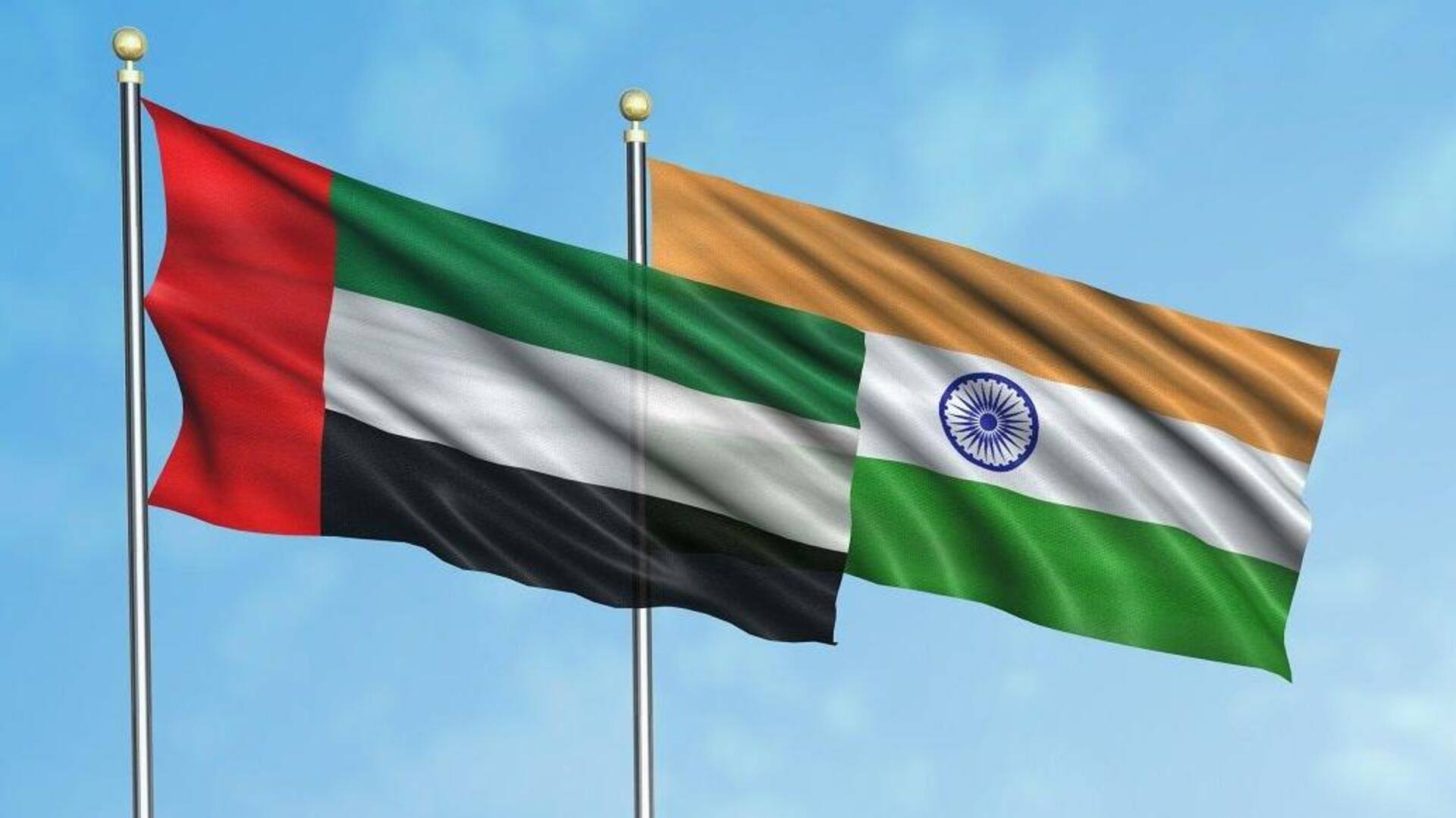
UAE considering investment worth $50 billion in India
What's the story
The United Arab Emirates (UAE) is contemplating an investment of up to $50 billion in India, as part of a larger strategy to capitalize on the world's fastest-growing major economy. Provisional commitments from the UAE to its second-largest trading ally could be announced early next year. These potential investments come after discussions between Indian PM Narendra Modi and UAE President Sheikh Mohammed bin Zayed in July. Both nations aim to boost non-oil bilateral trade to $100 billion.
Details
Investments in key Indian infrastructure projects
Potential deals being considered involve shares in crucial Indian infrastructure projects and government-owned assets, with announcements expected before elections next year. Some investments might include sovereign wealth funds including the Abu Dhabi Investment Authority, Mubadala Investment Co, and ADQ. However, a significant portion of the investments is unlikely to have definite timelines, and no final decisions have been made regarding the size or timing of the announcements.
What Next?
Sheikh Tahnoon bin Zayed Al Nahyan's entities hold early-stage talks
Companies supervised by Sheikh Tahnoon bin Zayed Al Nahyan, the UAE president's brother and Chairperson of International Holding Co, have engaged in these discussions. Sheikh Tahnoon's firm recently revealed a 5% stake in Gautam Adani's Adani Group. Spokespeople for India's finance and trade ministries, the UAE government, and Sheikh Tahnoon's private investment firm Royal Group, are yet to make any comments.
Insights
Gulf state-backed investors boost ties with India
Investors backed by Gulf states, attracted by a growing middle class and looking to diversify from traditional investment locations like Europe, have strengthened ties with India. Other notable investors in the country include the Qatar Investment Authority and Saudi Arabia's Public Investment Fund. The UAE's plan further demonstrates the government's efforts to establish itself as a neutral player in a world increasingly divided between Washington and Beijing.